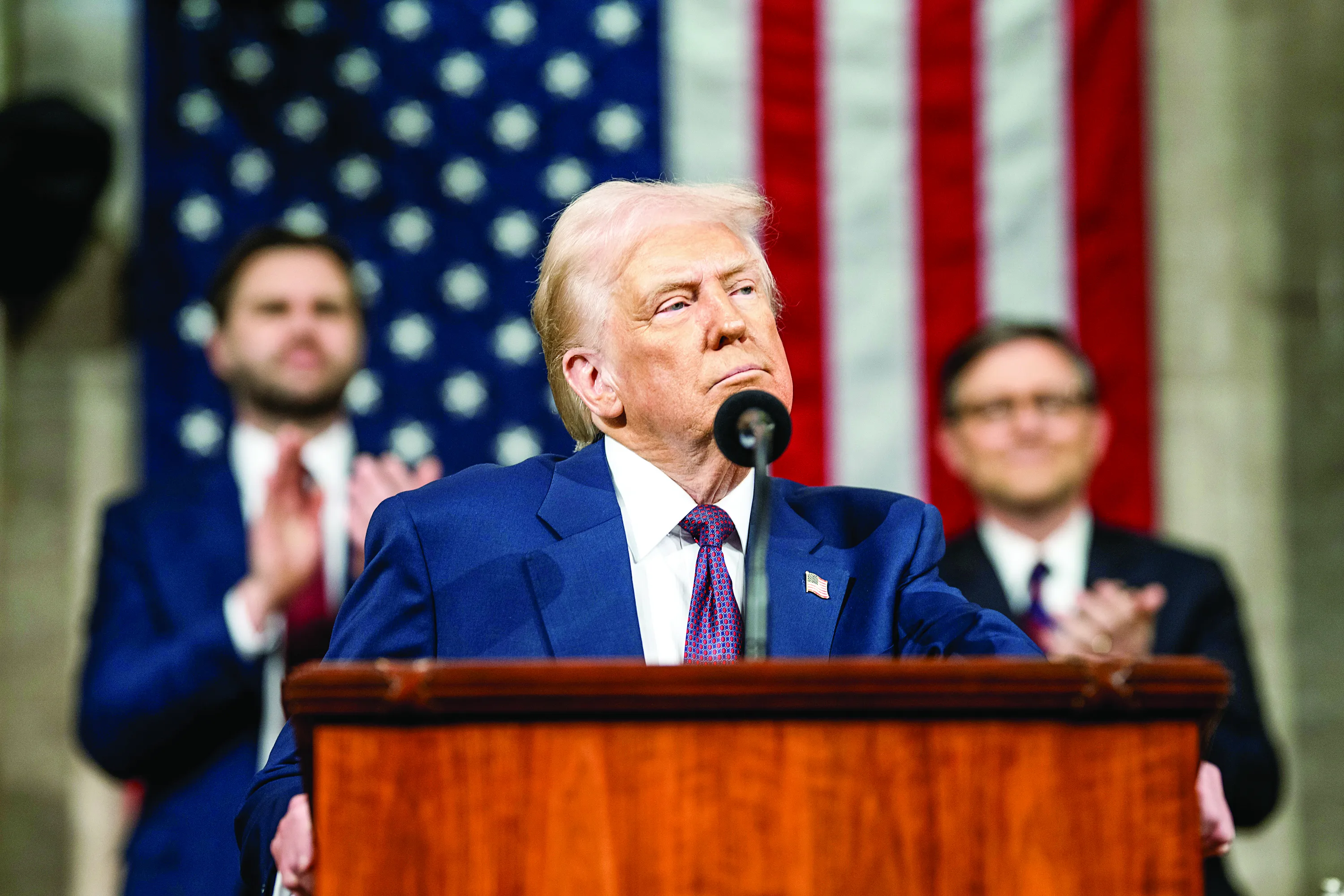Former U.S. President Donald Trump, now 78, is set to undergo his annual physical examination at Walter Reed National Military Medical Center in the coming weeks. The announcement, made by the White House, has once again sparked discussions about presidential health, transparency, and the rigorous demands of holding the highest office in the country.
The Importance of Presidential Health Checkups
A routine physical exam for a sitting or former president is not just a private matter—it has significant political and public implications. Given that Trump, if elected in 2024, would become the oldest U.S. president in history, questions regarding his fitness for office are increasingly relevant.
Walter Reed National Military Medical Center, located in Bethesda, Maryland, has been the preferred medical facility for presidents and high-ranking officials for decades. The hospital has played a crucial role in monitoring and treating U.S. leaders, ensuring they are fit to handle the immense pressures of governance.
While the exact date of Trump’s physical examination remains undisclosed, the results will likely draw scrutiny from political analysts, the media, and the general public. Given his age, lifestyle, and medical history, the outcome of his exam could impact perceptions of his ability to serve another term.
Trump’s Medical History: A Closer Look
Trump has consistently projected an image of robust health, often boasting about his physical stamina. However, past medical examinations have revealed details that suggest areas of concern.
During his presidency, his first official physical exam in 2018 indicated that he was in “excellent health,” according to then-presidential physician Dr. Ronny Jackson. However, the report also noted that Trump should aim to lose 10 to 15 pounds and adopt a healthier diet. Despite this, he remained largely unchanged in his eating habits, favoring fast food, steaks, and sodas.
A subsequent medical evaluation in 2019 showed that Trump, standing at 6 feet 3 inches, weighed 243 pounds, placing him in the obese category. He was also reported to be on medication for high cholesterol, further raising concerns about his long-term cardiovascular health.
His 2020 checkup at Walter Reed was conducted under unusual circumstances, sparking speculation that he might have experienced an undisclosed health scare. The visit was unannounced, and no official reason was given at the time. Reports later suggested it could have been part of a multi-phase checkup.
Lifestyle Factors and Health Risks
Unlike many politicians who maintain rigorous fitness regimens, Trump has long eschewed traditional exercise routines. He has frequently claimed that golfing provides him with enough physical activity, though critics argue that his reliance on golf carts minimizes actual exertion.
Trump’s diet has also been a point of discussion. He is well-known for his preference for fast food, often indulging in meals from McDonald’s, KFC, and other fast-food chains. While he has credited this diet with preventing foodborne illness due to its standardized preparation, medical experts have cautioned that such eating habits contribute to obesity, high cholesterol, and other health risks.
Despite these concerns, Trump has avoided major public health crises during his political career. He does not drink alcohol or smoke, habits that have likely played a role in maintaining his overall well-being.
Comparisons to Other Presidents’ Health
Trump’s health history stands in contrast to other presidents, many of whom have maintained rigorous exercise regimens.
- Joe Biden (82 in 2025) has consistently emphasized his active lifestyle, frequently biking and working out. However, concerns about his age and occasional verbal slip-ups have fueled discussions about his fitness for office.
- Barack Obama was known for his disciplined workout routine and healthy diet, incorporating basketball into his fitness regimen.
- George W. Bush maintained a strong focus on running and mountain biking during his presidency, keeping himself in peak physical condition.
- Bill Clinton, after experiencing heart issues, transitioned to a mostly vegan diet to manage his health.
By contrast, Trump’s approach to health has been more relaxed. His physicians have consistently reassured the public that he is in good shape for his age, but medical experts argue that his weight and diet could pose risks as he ages.
Health and Political Perceptions
The health of a political leader plays a significant role in shaping voter confidence. In the modern era, medical transparency has become a key factor in presidential elections. While some presidents have been open about their medical records, others have been more secretive.
For instance, Franklin D. Roosevelt concealed the severity of his polio-related paralysis, and John F. Kennedy managed public perceptions of his chronic back pain and Addison’s disease. More recently, concerns about Hillary Clinton’s health during the 2016 campaign led to intense speculation after she appeared unsteady at a 9/11 memorial event.
In Trump’s case, his health has been a recurring topic of debate. Critics argue that his weight, cholesterol levels, and dietary choices raise legitimate concerns about his ability to endure the physical and mental demands of the presidency. Supporters, however, maintain that his high-energy campaign rallies and extensive travel schedule demonstrate his resilience.
Public Scrutiny and Transparency
Trump’s past physical exams have been met with skepticism due to the nature of the reports released. In 2015, during his first presidential campaign, his physician, Dr. Harold Bornstein, issued a glowing health assessment, claiming that Trump would be “the healthiest individual ever elected to the presidency.” Bornstein later admitted that Trump had dictated the letter himself.
Similarly, in 2018, Dr. Ronny Jackson provided a report stating that Trump had “great genes” and could live “to be 200 years old” with some dietary changes. While the assessment acknowledged the need for weight loss, it largely painted a positive picture of Trump’s health.
Such statements have led to questions about the credibility of official medical reports. Moving forward, many expect that Trump’s upcoming physical exam will be closely analyzed, with demands for greater transparency regarding his cognitive and physical health.
The Bigger Picture: Age and Leadership
As political figures continue to serve into their late 70s and 80s, discussions about age and health are becoming more pressing. Trump, Biden, and other senior politicians represent a shift in American leadership, where age is no longer a barrier to seeking office.
However, aging comes with undeniable health risks, including cognitive decline, cardiovascular issues, and decreased stamina. The upcoming physical exam will be a key moment in determining Trump’s fitness for another presidential term.
Donald Trump’s upcoming physical at Walter Reed will likely reignite debates about presidential health, transparency, and age in leadership. While his past exams have indicated generally good health, questions remain about his weight, diet, and long-term medical outlook.
If the report suggests any health concerns, it could influence public perception of his ability to lead for another four years. Conversely, if he is declared fit and healthy, it may strengthen his position as he continues his political ambitions.
Regardless of the outcome, Trump’s medical evaluation will be a key point of discussion in the coming weeks, shaping conversations about the role of health in high-level politics and the expectations of leaders in their late 70s and beyond.























